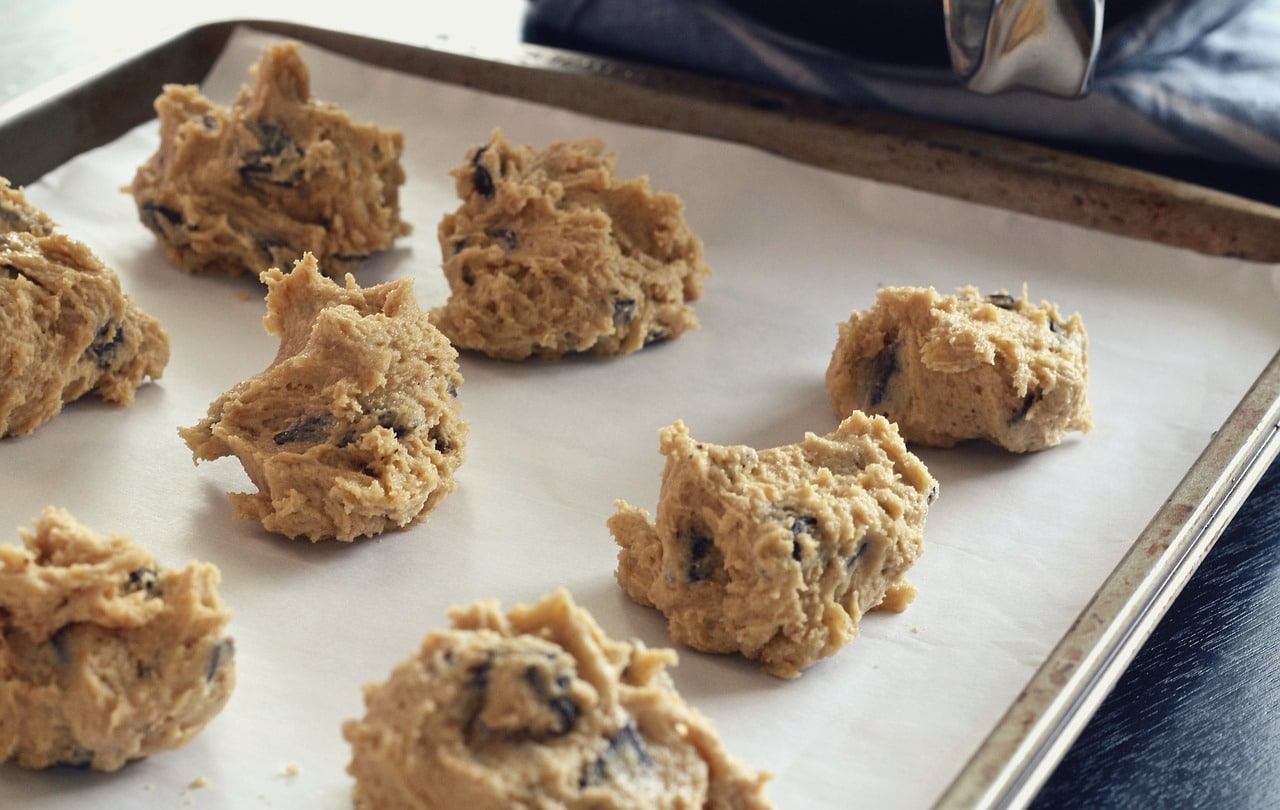For amateur bakers, identifying the differences in paper types used for baking could be time-consuming. The commonly misunderstood concept is the differences between baking paper and wax paper.
The glossy finish (found on baking paper and wax paper) leaves a big question mark on everyone’s head. Some think that wax paper could be used as a substitute for baking paper—thinking that both are the same type of paper. In reality, baking paper and wax paper are different in many ways: from coating material, purposes, and cost.
Is Baking Paper the Same as Wax Paper?
Baking paper
Baking paper or parchment paper is silicone-coated. This gives the baking paper a “non-stick pan” texture when touched. Aside from its hydrophobic qualities, the baking paper is also heat-resistant—making it suitable for baking and cooking.
The baking paper could withstand temperatures up to 450° F or 232.22° C (or higher). It could also prevent the baked products from sticking on the actual pan. Although baking pans and molds could be lined with lard and flour, the baking paper provides the necessary structure to lift the contents outside the pan.
For other recipes that require sealing the contents, the baking paper could do the trick. Dishes like baked fish, baked potatoes, and steamed veggies require a vessel to seal in the flavors and retaining its moisture (that could be absorbed by high-temperature cooking).
Wax paper
On the other hand, the wax paper contains paraffin or soybean coating. This coating gives a “baking paper-like” texture, minus the heat-resistant qualities. The paraffin coating used on some wax paper coating could melt at high temperatures, which can affect the flavor of your baked food.
Wax paper may cause smoking inside the oven which may damage the flavor and composition of the food—and in a more serious case, it can damage the oven. Wax paper can absorb oils from fried products, although newspapers and paper towels are cheaper and more effective to use.
Can I Use Wax Paper in The Oven?
Some bakers use wax paper since it’s cheaper compared to conventional baking liners. Due to the similar “non-stick” texture found in both papers, some new bakers thought it could resist high temperatures just as well.
The truth is that both wax paper and baking paper could only prevent the baked product from sticking on the baking rack. However, wax paper burns easily than baking paper. The silicone coating found on baking paper can endure high-temperature cooking, and was paper lacks this capability.
Wax paper is coated with paraffin, the same wax used in candles, which is not suitable for food consumption. Once the paraffin is melted, it could mix on the food—affecting its flavor. The now coating-free paper could be burned easily inside the oven.
This is why food placed on wax paper could leave a bitter, burnt taste. If you want to save more, purchase parchment paper and never use wax paper as a baking substitute. The minimal price difference is still cheaper compared to reproducing your burnt food.

